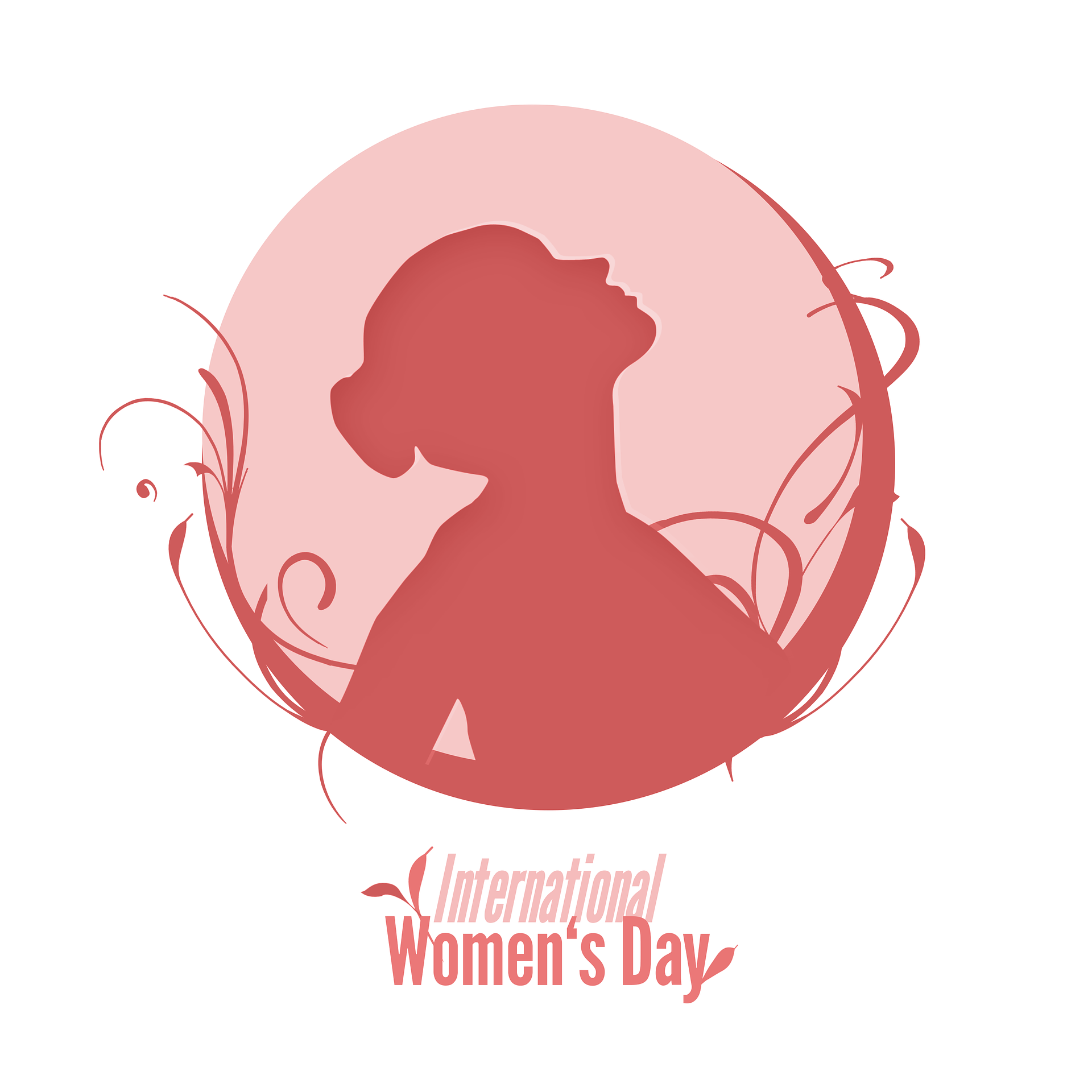Every year on March 8, people around the globe come together to celebrate International Women’s Day, a day dedicated to honouring the social, economic, cultural, and political achievements of women. This significant occasion serves not only to recognize the progress that has been made towards gender equality, but also to highlight the work that still needs to be done to ensure that all women can live free of discrimination and violence.

International Women’s Day has roots tracing back to the early 20th century, marked by the first official celebration in 1911 in countries such as Austria, Denmark, Germany, and Switzerland. The day has since evolved into a global movement, mobilizing millions to fight against the various barriers women face across different spheres of life. The United Nations officially began celebrating International Women’s Day in 1975, and it has continued to grow in significance, with a specific theme designated each year to guide the focus of discussions and actions.
The theme for 2025 is “Empowering Women, Empowering Humanity: Picture It!” This year, the campaign aims to encourage everyone to envision a future where gender equality is the norm. It’s a call to action for individuals, communities, and organizations to advocate for women’s rights and to actively challenge existing inequalities. This includes pushing for increased representation of women in leadership positions, promoting access to education and healthcare, and addressing issues such as gender-based violence and economic disparity.
One notable aspect of International Women’s Day is its emphasis on intersectionality—the understanding that different aspects of a person’s identity, including race, class, age, and sexual orientation, intersect to shape unique experiences of discrimination and privilege. As we celebrate this day, it is crucial to acknowledge the diverse struggles faced by women across different backgrounds and to amplify the voices of those who are often marginalized.
In many parts of the world, women continue to face significant challenges. According to recent statistics, women are still underrepresented in political and corporate leadership roles, earn less than their male counterparts for the same work, and are disproportionately affected by poverty and violence. It is imperative that we all engage in the dialogue and advocacy necessary to address these issues.
As we commemorate International Women’s Day, let it serve as a reminder of the importance of solidarity and collective action. Whether by participating in local events, raising awareness on social media, or supporting women-owned businesses, every effort counts. Together, we can pave the way for a more equitable future, honouring the strength and resilience of women everywhere.